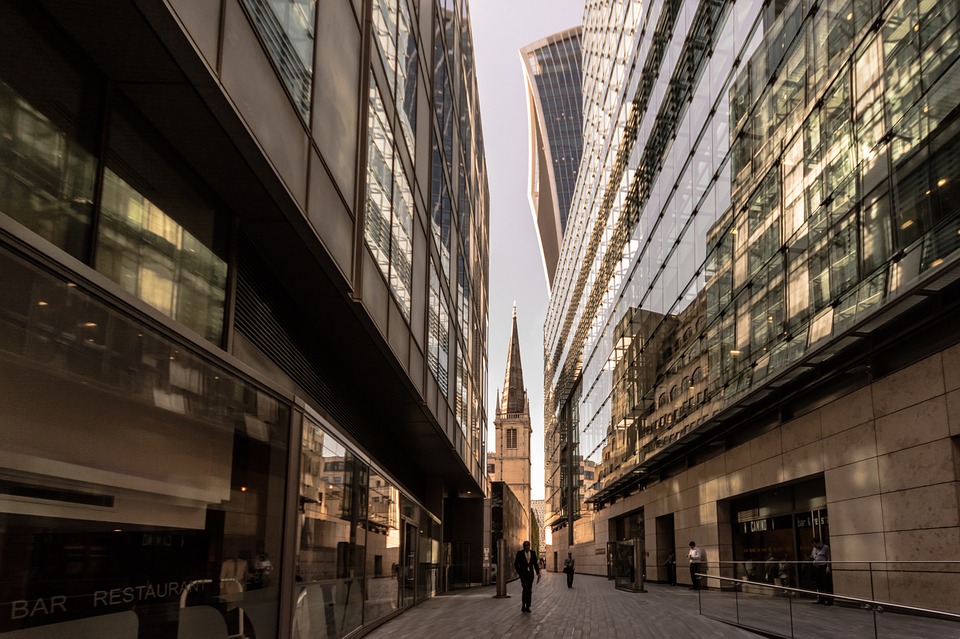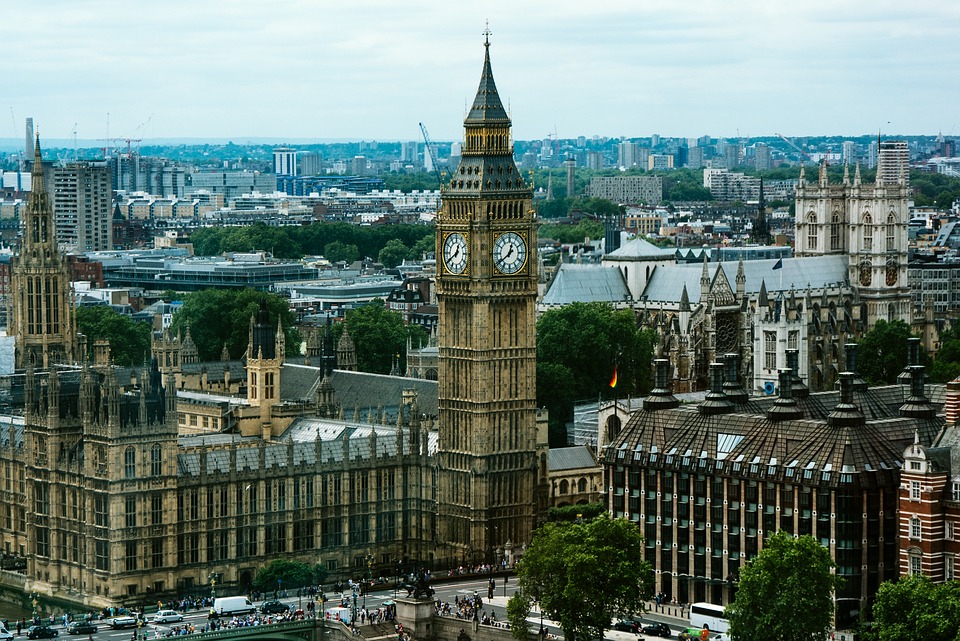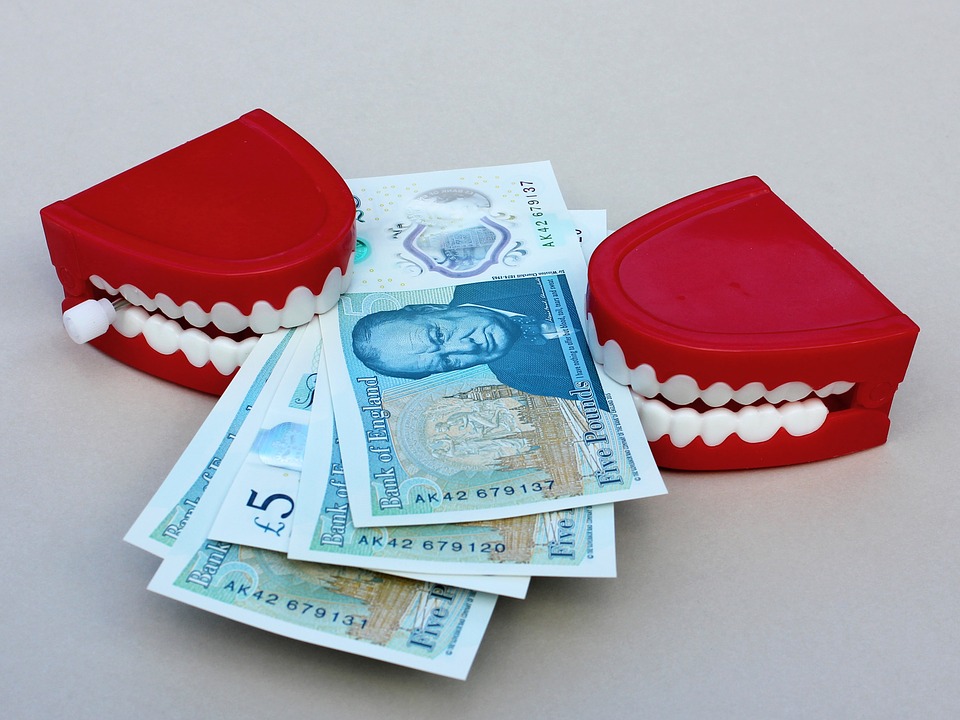Business activity crashed at a record pace in March as efforts to contain coronavirus sent the UK economy into a tailspin, preliminary survey data has shown, putting Britain on track for an extreme recession.
The IHS Markit/Cips private sector purchasing managers’ index (PMI) – a gauge of economic performance – plunged to a record low of 37.1 in March from 53 in February. A score of under 50 indicates contraction, meaning the private sector shrank at an unprecedented pace this month.
However, the data was compiled before Prime Minister Boris Johnson yesterday ordered an effective countrywide lockdown to try to halt the spread of the virus, a measure which will dent the UK economy further.
Chris Williamson, chief business economist at data firm IHS Markit, said the March data was consistent with the economy shrinking at a quarterly rate of between 1.5 and two per cent in the first quarter.
Yet he said the lockdown measures mean “this decline will likely be the tip of the iceberg and dwarfed by what we will see in the second quarter”.
“A recession of a scale we have not seen in modern history is looking increasingly likely.”
The overall PMI reading was dragged down by the worst performance on record (IHS Markit has been compiling data since the 1990s) for the UK’s massive services sector in March.
Measures aimed at halting coronavirus caused consumer demand and shop footfall to slump, causing steep downturns for hotels and restaurants and other leisure activities such as sports centres, gyms and hair salons.
Economy to crash despite huge stimulus
The survey data showed that unemployment was falling at its fastest pace since 2009 in March, despite a huge package of measures from the government and Bank of England designed to support businesses.
Chancellor Rishi Sunak has promised the government will pump more than £350bn into the economy and step in to pay the wages of workers who would otherwise be laid off.
The BoE has slashed interest rates to record lows and ramped up its money-printing operations to ensure plenty of credit can reach banks and businesses.
Yet Andrew Wishart, UK economist at Capital Economics, said things are going to get worse for the UK economy.
“The PMI captures the proportion of firms that report a fall in activity, it doesn’t take into account just how poorly each firm is doing,” he said.
“The fact many firms have had to cease trading altogether suggests things could be even worse than the survey suggests. That’s why we are forecasting a 15 per cent fall [annualised] in GDP in the second quarter.”
Despite the dire survey data, the FTSE 100 continued to ride high after the US Federal Reserve pledge to buy an unlimited number of bonds to support markets and the economy.
It was 4.3 per cent higher in morning trading at 5,209. The pound was 1.6 per cent higher against the dollar at $1.172. The dollar has fallen since the Fed announcement.
By Harry Robertson
Source: City AM




